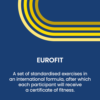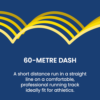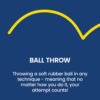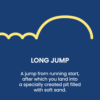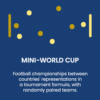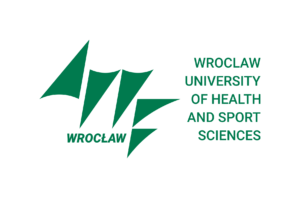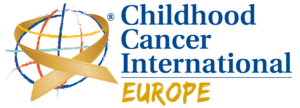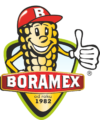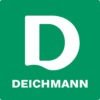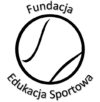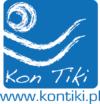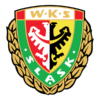Who can participate?
To participate in European Oncoolympics, you need to:
👉 be between 7 and 21 years of age,
👉 be an oncology patient in supportive care or a Survivor,
👉 have a doctor’s note stating no contraindications to participate in the disciplines,
👉 have a written permission to participate from parent/guardian if you’re under 18.
Do you have questions?
Check the FAQ below or contact us directly at:
Our team will be more than happy to help!
Disciplines
Schedule
Friday, June 6th
-> Arrival in Wrocław, Poland, check-in
-> Participants' registration
-> Evening walk around Wrocław - optional
Saturday, June 7th
9:00 AM - arrival at Stadium, preparations
9:30 AM - Opening Ceremony
10:00 AM - EUROFIT - international physical fitness test, and after it:
-> 60-metre dash
-> palant ball throw
-> long jump from running start
-> Mini-World Cup
Awards ceremony
Additional activities - during and after the main copmetitions (full list will be announced closer to the event)
Sunday, June 8th
-> Hotel check-out
-> Walk around Wrocław, lunch - optional
Frequently asked questions
How many participants can we register?
Each organisation can register up to 10 participants for Oncoolympics. This number does not include guardians and medical personnel who will be on site with the participants.
How many guardians must be present with the participants?
We do not set the number of guardians needed – we suggest that it should be at least 1-2 per 10 participants. Additionally, it is a good idea to have medical staff arrive with the participants (such as a doctor and na nurse). They will be able to monitor the participants’ health status and, if need arises, to administer medical interventions (e.g. medications).
What are the rules for awarding medals in each discipline?
After the EUROFIT physical fitness test, each participant will receive a certification confirming their results – it can be helpful in the future to compare changes in physical abilities. In other disciplines, aside from the Mini-World Cup, participants will be classified in two gender categories (boys and girls) in age groups:
- 7-9 years
- 10-12 years
- 13-14 years
- 15-18 years
- 19-21 years
Participants reaching places I-III in their category will receive medals.
What are the rules for the Mini-World Cup?
The football matches will be played in a 2×5 format – each match will consist of two halves, each lasting 5 minutes. Teams can be of any size (up to 10 players), but no more than 7 players from the same team can be on the field at the same time.
The teams, representing different countries, will be randomly divided into two groups, where they will play a round-robin format. The teams that finish in 1st and 2nd place in each group will advance to the semifinals. In the semifinals, the 1st place team from one group will play against the 2nd place team from the other group. The teams that win their matches will advance to the final.
The ranking of each team will be determined by points: 3 points are awarded for a win, 1 point for a draw, and 0 points for a loss.
The detailed rules of the Mini-World Cup are described in the Oncoolympics Regulations, §6 items 5-10.
What are the costs of participating?
There are no participation costs for attending the Oncoolympics – the event is free for all children and teenagers, as well as for all adults accompanying them. The only cost for the organisation would be travel and accommodation for everyone arriving.
Does a medical professional have to be present with the team?
No, there’s no absolute need for a medical professional (doctor/nurse) to be present. We encourage it, though, just in case there occurs a need to administer medication or intervene. However, if it’s not possible, you can appear without one. In that case, if you foresee that some medication or tests could be needed, it would be a great idea to have a patient’s medical records at hand, translated into English, to prevent language barrier from arising.
